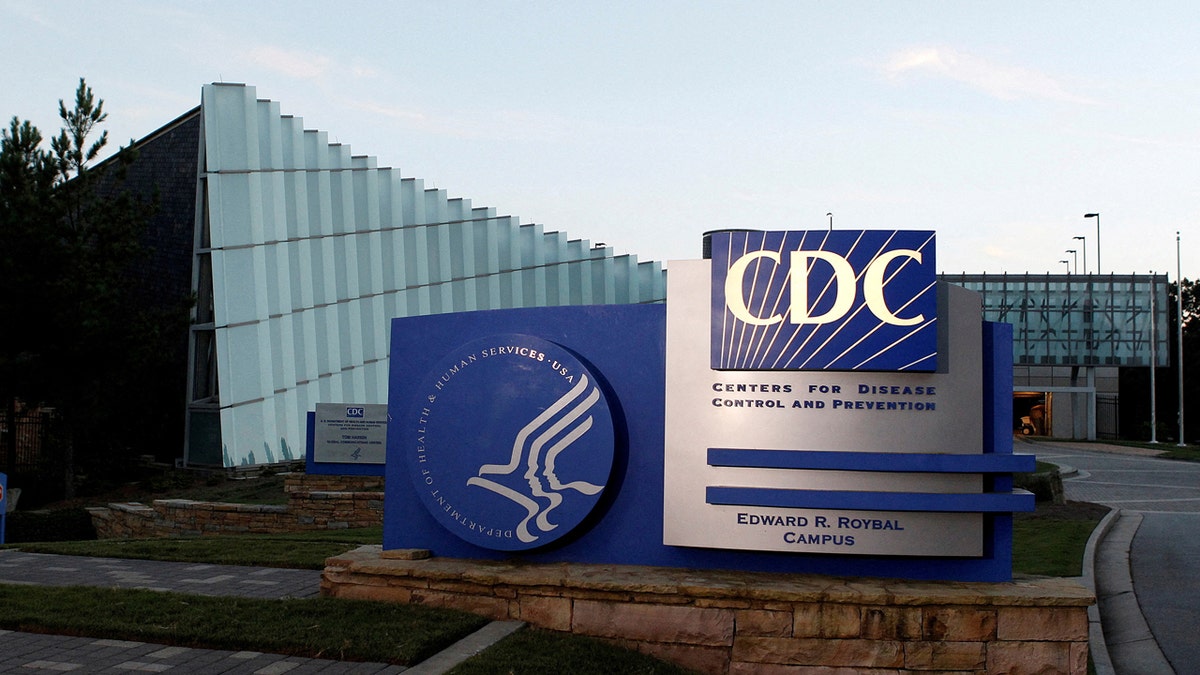The general rate of obesity among adults in the United States has stagnated, but the rate of severe obesity has increased, according to the Centers for Disease Control and Prevention.
A report compiled by the CDC’s National Center for Health Statistics found that between August 2021 and August 2023, the rate of obesity among the nation’s adults was approximately 40.3%.
In 2020, the rate of obesity among adults was 41.9%.
OZEMPIC PATIENTS MAY FACE DANGEROUS RISKS DURING SURGERY, DOCTORS WARN
General obesity rates have slowed or slightly reduced in recent years, but the rate of severe obesity has continued to rise, according to a new report from the CDC. (iStock)
The small decline in the obesity rate is too small to be considered a reversal of the nationwide epidemic, but it does mark a distinct break from past years.
Since 2011, CDC reports have showed a consistently growing portion of U.S. adults struggling with obesity.
THIS COUNTRY IS BANNING DAYTIME JUNK FOOD COMMERCIALS AIMED AT CHILDREN
Additionally, the rate of severe obesity continues to increase despite general obesity rates slowing down.
READ THE REPORT BELOW — APP USERS CLICK HERE:
Regardless of the direction the obesity crisis is trending, the rate remains far too high, according to the CDC.
“From 2013–2014 through August 2021–August 2023, the age-adjusted prevalence of obesity in adults did not change significantly, while the age-adjusted prevalence of severe obesity increased from 7.7% to 9.7%,” the CDC reported.
Individuals with a body mass index (BMI) of 30 or higher are considered obese. Individuals with a BMI of 40 or higher are considered severely obese.
CLICK HERE TO GET THE FOX NEWS APP

A general view of the Centers for Disease Control and Prevention (CDC) headquarters in Atlanta, Georgia. (REUTERS/Tami Chappell/File Photo)
“The prevalence of severe obesity in men (6.7%) was lower than in women (12.1%) overall and for each age group,” the CDC found. “Among men, the prevalence was highest in those ages 40–59. Among women, the prevalence was higher in those ages 20–39 and 40–59 than in those age 60 and older.”
One of the long-term goals of the CDC’s national “Healthy People 2030” plan is “helping people eat healthy and get enough physical activity to reach and maintain a healthy weight.”
“Healthy People 2030” aims at reducing the rate of obesity to below 38.6% by 2030 but has noted the problem is only “getting worse.”